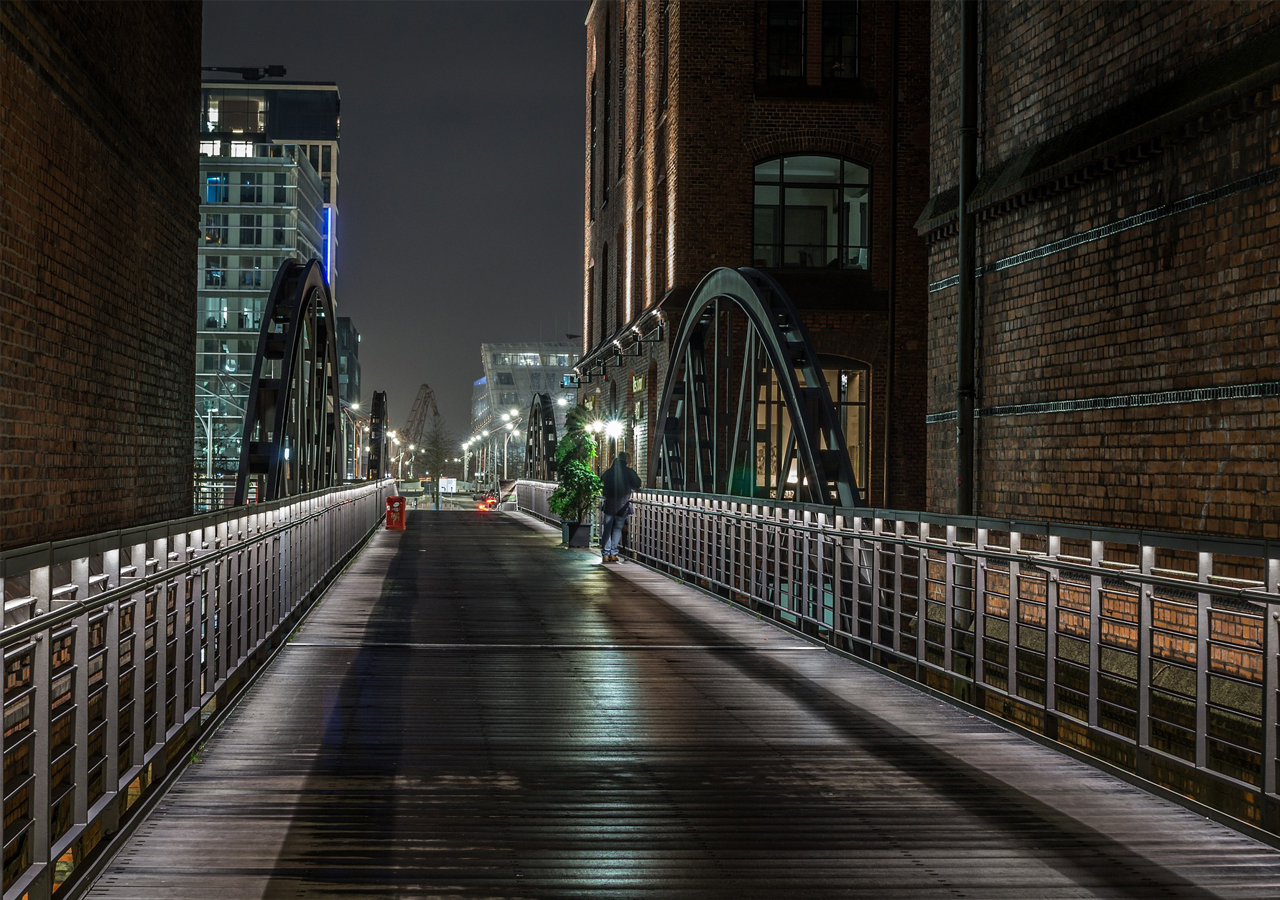online casino crypt
페이지 정보
작성자 MartinWooks 작성일24-05-08 03:08 조회100회 댓글0건관련링크
-
 https://cryptobosscasino03.com
76회 연결
https://cryptobosscasino03.com
76회 연결
-
 https://cryptobosscasino03.com
75회 연결
https://cryptobosscasino03.com
75회 연결
본문
New mission could shed light on the secrets of the moon’s ‘hidden side
cryptoboss бонус
Over the past few years, competing countries have turned the moon into a hotspot for activity not witnessed since the Apollo 17 astronauts departed from the lunar surface in 1972.
In one lunar region, Japan’s “Moon Sniper” mission has beaten the odds and survived three long, frigid lunar nights since its sideways landing on January 19.
https://cryptobosscasino03.com
криптобосс сайт
Engineers at the Japan Aerospace Exploration Agency didn’t design the spacecraft to last through one lunar night, a two-week period of freezing darkness, but the Moon Sniper continues to thrive amid lunar extremes and send back new images of its landing site.
Elsewhere, an international team of astronomers believes it has homed in on a crater created a few million years ago when something massive slammed into the lunar surface — and sent a chunk of the moon’s far side, or the side that faces away from Earth, hurtling into space. The hunk of moon became a rare quasi-satellite, or asteroid that orbits near Earth.
The Tianwen-2 mission will visit the space rock later this decade. But first, China has set its sights on returning to the moon’s “hidden side.”
The Chang’e-6 mission, which launched Friday, is aiming to bring back the first samples from the South Pole-Aitken basin, or the largest and oldest crater on the moon. Since the Chang’e 4 mission in 2019, China remains the only country to have landed on the moon’s far side, sometimes called the “dark side” of the moon.
The “dark side” of the moon is actually a misnomer, experts say, and the remote lunar hemisphere receives illumination — scientists just don’t know as much about the region as they’d like.
The far side, with its thicker crust, is vastly different from the near side that was explored during the Apollo missions.
Scientists hope that returning samples from the far side could solve some of the biggest remaining lunar mysteries, including the moon’s true origin.

















